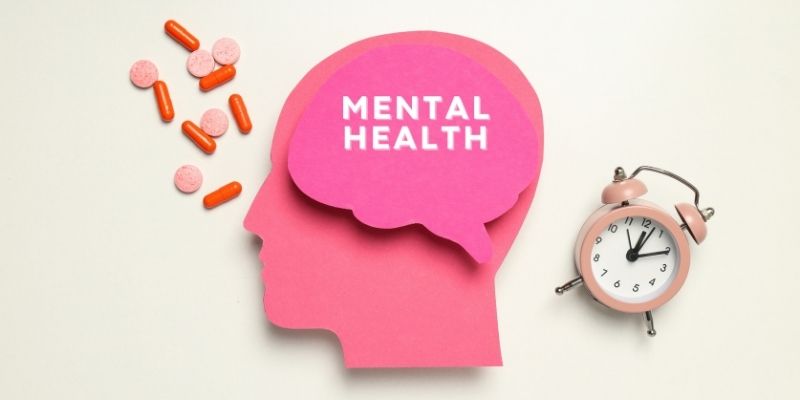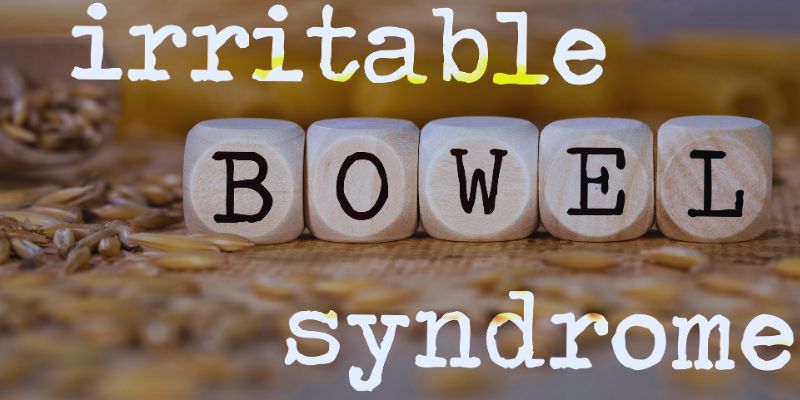Many different places in the world are in favor of soybeans. They are rich in plant-based protein. People consume them among tofu, soy milk, edamame, and tempeh. Many people substitute soybeans for meat. That's so because they are quick to prepare and bursting with nutrients. They also provide health advantages for the bones, heart, and other organs. However, soybeans also generate certain questions.
Hormones, allergies, or processed soy meals cause concern for some. One should be aware of the advantages as well as the drawbacks. It guides your choice to maximize your health. Since everyone's body is unique, outcomes could differ. This article investigates all aspects of soybeans. You will discover their benefits to your body.

What Are Soybeans?
Originally farmed mostly in Asia and the Americas, soybeans are legumes. Green (edamame), yellow, black, or brown variants of this bean abound. Popular meal choices like soybeans are high in protein, fiber, and vital minerals. Individuals consume them whole or convert them into other goods such as soy milk, tofu, tempeh, miso, and soy sauce. Many processed foods use soy extensively to boost nutrients and change texture. Because of its great protein count, it's a common meat substitute for vegans and vegetarians.
While soy first became well-known in the West relatively recently, Asian civilizations have long used it in cuisine. Many diets all around nowadays include soy regularly. Soy still sparks arguments regarding health consequences even with its long history and shown advantages. While some applaud its heart and bone health benefits, others warn about hormones-like substances. All things considered, soybeans remain a flexible and extensively consumed food worldwide.
Health Benefits of Soybeans
Soybeans are regularly consumed in a balanced diet, providing many health benefits. Here are the main justifications for including them in your meals:
- Rich in Protein: One of the few plant-based foods with complete protein is soybeans. They supply all nine fundamental amino acids the body requires for tissue development and repair. Vegetarians and vegans who do not get protein from meat will find this extremely beneficial. Soy foods like tofu, edamame, or tempeh to meals will help easily meet daily protein demands.
- Good for Heart Health: Many studies reveal that soy can help reduce harmful LDL cholesterol levels. Reducing bad cholesterol will improve general cardiovascular condition and aid in minimizing the risk of heart disease. Additionally, fiber and good lipids that help heart function are included in soy. These advantages led the U.S. FDA to let soy food labels include claims on heart health.
- Supports Bone Health: Calcium, magnesium, and isoflavones abound in soybeans. Strong bones are built and maintained in part by these nutrients. Particularly in postmenopausal women who run the danger of osteoporosis, some studies point to soy helping to slow down bone loss. Regular soy intake can help to maintain bone density as you become older.
- Helps With Menopause Symptoms: Soy isoflavones behave as a weak estrogen for the body. Menopausal women's hot flashes and nocturnal sweats could be lessened by these natural chemicals. Many women discover that increasing their soy intake helps with symptoms. Results, meanwhile, could differ from person to person.
- Rich in Antioxidants: Antioxidants found in soybeans shield cells from harm done by free radicals. These substances help the immune system lessen the risk of chronic diseases.

Common Concerns About Soybeans
Some people are concerned about soy, even its advantages. These questions generally center on how the body responds to specific soy components. The most often raised issues are:
- Hormonal Effects: Soy isoflavones somewhat resemble estrogen. Eating soy could throw off hormones, so there is some worry. Most studies, however, find that men and women can safely consume modest amounts of soy.
- Thyroid Function: Rarely, soy can interfere with thyroid function. It is more likely in people with low iodine levels. However, most healthy people have no trouble with their thyroid from soy.
- Allergies: Especially in young children, soy is among the most common food allergies. Rashes, stomach problems, or more severe reactions could all be symptoms. Though not all youngsters outgrow their allergies,
- Highly Processed Soy Products: Not every food is equal. Whole soy products, including tofu and edamame, are better. Highly processed soy products could add fat, sugar, and salt. These might not confer the same health advantages.
- GMO Concerns: Most soy farms in the United States are genetically modified (GMO). Certain people would rather avoid genetically modified organisms. Concerned people can find organic and non-GMO soy products.
Who Should Be Careful With Soy?
Although most individuals find soy healthful, some should use caution while including it in their diet. Individuals allergic to soy have to stay away from all soy products. Little doses might cause major allergic responses as well. For packaged goods, always read the labels for secret soy additives. Those with thyroid disorders—including hypothyroidism—should also exercise caution. If ingested near medication time, soy may affect the absorption of thyroid hormones.
Before routinely consuming a lot of soy, it is advisable to consult a doctor. The isoflavones in soy cause some individuals concern. These organic molecules behave as mild estrogen. For most, they are harmless, but people with hormone-sensitive disorders should first ask their doctor. It covers those suffering from reproductive problems or breast cancer. Soy milk should not be given to newborns; instead, breast or formula milk should be given.
Conclusion:
Soybeans have several health advantages, particularly for the heart, bones, and those seeking plant protein. Found in numerous forms, including tofu, soy milk, and edamame, they are a flexible food. However, not everyone will find soy appropriate. Those with thyroid problems, allergies, or hormone-sensitive disorders should be careful. Compared to highly processed foods, whole soy foods are the superior choice. Always check labels and, if in doubt, discuss with your doctor. Knowing the advantages and drawbacks helps you decide which is better. For many people, soy can be a useful component of a healthy way of life with reasonable consumption.












